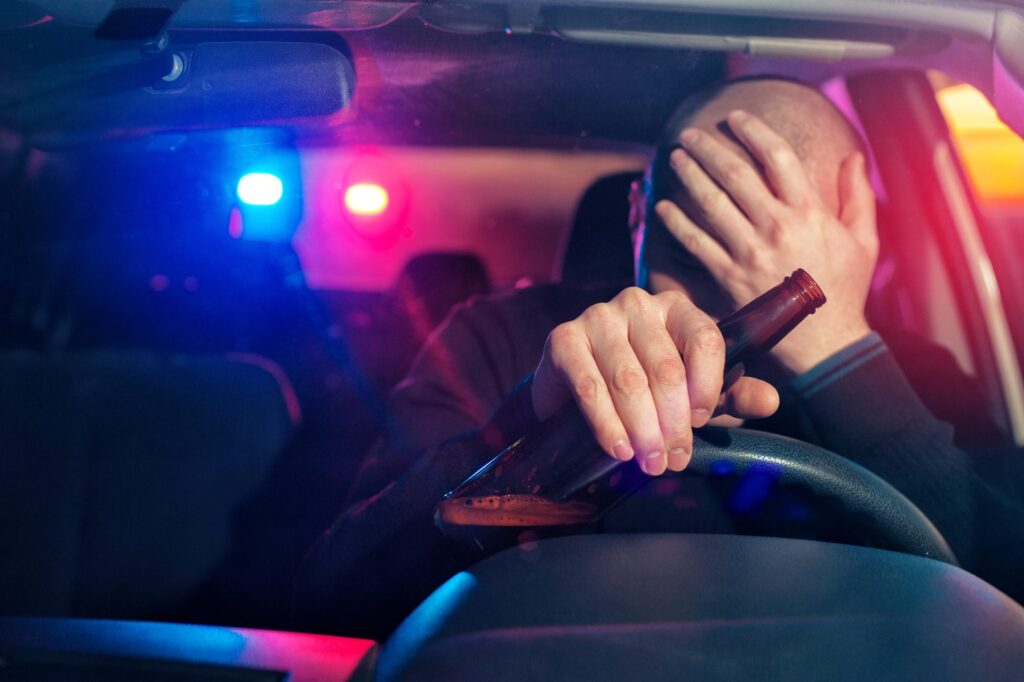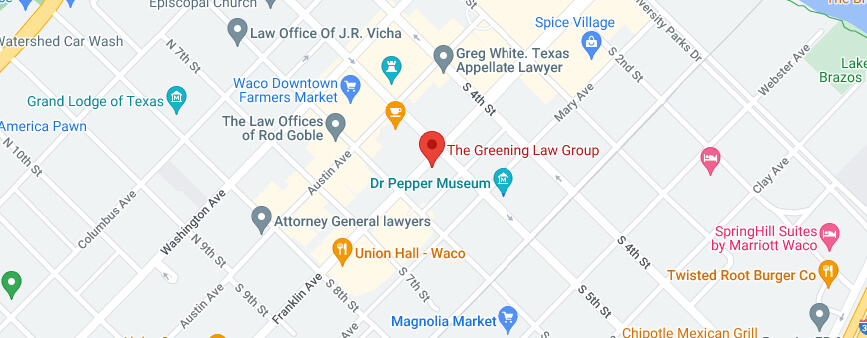What is Texas’ Open Container Law?
Everyone is aware that it is not legal to drink and drive. But did you know that you can be charged with a violation for simply having an open container of alcohol in your car, even if you are sober? This may seem counterintuitive since some establishments in Texas sell alcoholic beverages with carry-out meals. Understanding the nuances of the open container law is essential to avoid any potential legal issues. A knowledgeable Texas criminal defense attorney can explain what you need to know about this surprisingly complex law.
What Exactly Does the State Law Say?
Open containers are addressed in TX Penal Code § 49.031. Under this law, an open container is defined as any vessel containing an alcoholic beverage that has a broken seal, a portion of the contents removed, or has been opened in any other way.
Containers can be bottles, cans, mugs, or anything else that could hold liquid. If a person knowingly has an open container of alcohol in the seating area of their vehicle while it is on a public highway, they can be charged with an offense.
Is it Illegal to Have an Open Container in a Parked Car?
The open container law states explicitly that the same rules apply whether the car is in operation or is parked. The only requirement is that it must be on a public highway. However, the definition of a “public highway” is quite broad. It includes all roads, streets, interstates, highways, publicly maintained roadways, and even the right-of-way of the highways.
If you are considering tailgating with alcoholic beverages on or near a public roadway in Texas, be aware that you may be subject to the open container rule. However, college campuses and sports arenas often have tailgating exemptions during sporting events as long as you stay within designated areas.
Motorhomes also represent an exception to the rules. The living space of an RV, motorhome, or travel trailer is not designated as a passenger area, so it is legal to have an open container there. If you parked your RV for the night and had a beer inside, you would not violate the open container law.
Can I Transport a Previously Opened Bottle?
It is not legal to transport an already opened bottle in the main passenger area of a vehicle, including alcohol bottles that have been recorked or resealed. If you need to take an open container from one location to another, it is legal to transport opened bottles in the vehicle’s trunk. Completely empty containers, such as old liquor bottles, do not fall under the open container law because they no longer hold an alcoholic beverage.
What if My Vehicle Doesn’t Have a Trunk?
Not every vehicle is built the same. Certain Jeeps, hatchbacks, and other models lack a standard trunk. In these situations, Texas’ open container law allows drivers of these vehicles to transport open containers in a locked glove compartment or the space behind the last upright seat in the rear.
How Can I Legally Take Home a To-go Order That Contains Alcohol?
To-go alcohol sales in Texas began under a waiver during Covid-19 to help restaurants that were struggling when in-person dining was unavailable. The sales were made permanently legal by the signing of House Bill 1024 in May 2021.
For a business to sell alcohol as part of a carry-out food order, it must provide the drink to the customer in a sealed container. As long as the purchaser does not break this seal until they have reached their destination and exited the vehicle, they cannot be charged with an open bottle offense.
Can a Passenger Drink Alcohol?
Any open container with alcohol in it, anywhere in the passenger area of the vehicle, is illegal. Even if a passenger is consuming it. If you are pulled over and the passenger has an open container, you both can be issued an open container citation.
There are some exceptions to this rule. Namely, if you are a passenger in a vehicle used to transport people for compensation, such as a limo, bus, or taxi, you may be allowed to consume alcohol during your trip. As mentioned above, individuals inside the living area of a motorhome are also able to have alcoholic beverages without penalties as long as they are following all other applicable laws.
What Are the Consequences of an Open Container Violation?
An open container violation is a Class C Misdemeanor, and you may face a fine of up to $500. If an open container is your only violation, you cannot be taken to jail upon your citation. But if you are charged with a DWI on the same stop or are on probation for a previous DWI charge, an open container charge can become much more severe. In some cases, it can even be upgraded to a Class B Misdemeanor, which can result in a fine of up to $2,000 and 6-180 days in jail.
While a misdemeanor charge may not seem like much, it can have long-lasting impacts on your life. A criminal record can affect your ability to receive financial aid for college, get employment in certain professions, and raise your insurance rates. An experienced DWI defense lawyer can help you fight back against any alcohol-related driving charges, so they do not put a mark on your permanent record. Contact our office today to learn how we can help you.












